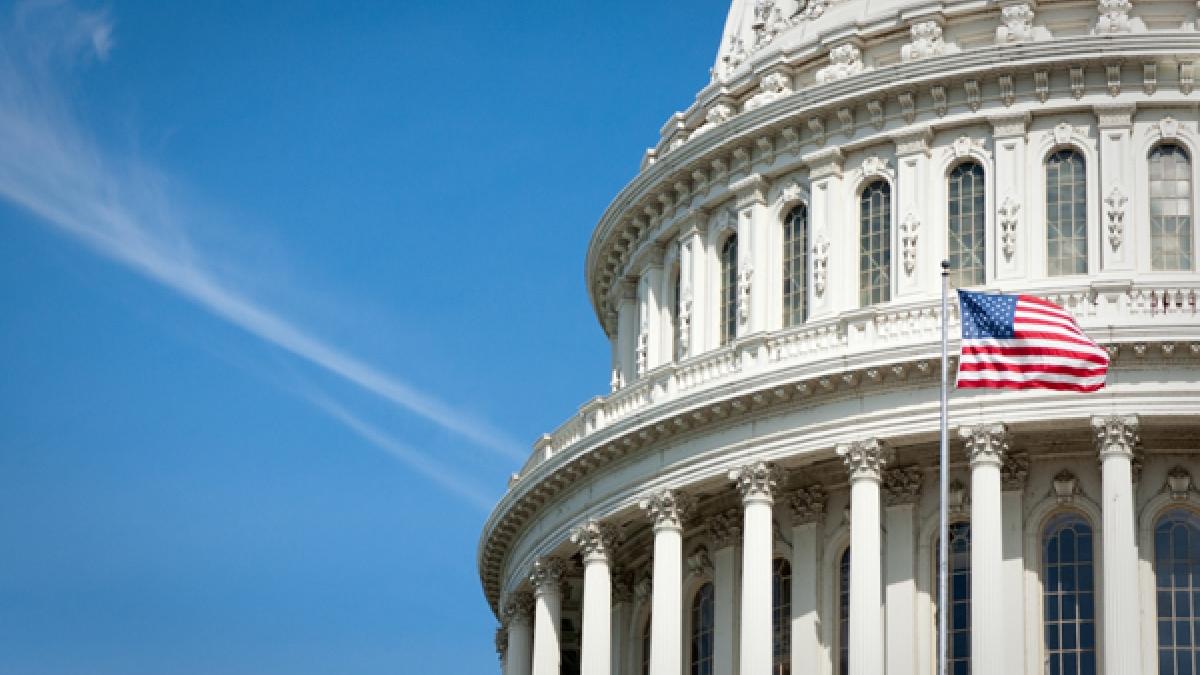REP. BISHOP PUTS PATIENTS BEFORE POLITICS

WASHINGTON, DC – Today, Congressman Sanford D. Bishop, Jr. (GA-02),Chairman of the House Appropriations Subcommittee on Agriculture, Rural Development, Food and Drug Administration, and Related Agencies, released the following statement after House passage of H.R. 987, the Strengthening Health Care and Lowering Prescription Drug Costs Act. H.R. 987, which was approved on a vote of 234 to 183. It includes a package of seven individual bills that protect and strengthen access to affordable, quality health coverage. Congressman Bishop supported the legislation:
"Millions of Americans are struggling to keep up with the rising cost of prescription drugs. It is vital that safe and affordable generic drugs enter the market quickly so that people can get the medicine they need to live healthy and productive lives.
"I am also pleased to support provisions in the legislation to strengthen the Affordable Care Act and ensure that all Americans – especially those with pre-existing conditions -- get the outstanding health care benefits that the law provides."
The bipartisan legislative package includes the following three key drug pricing measures to remove barriers to lower-priced generic drugs getting to market and competing with brand-name drugs, thereby creating significant savings for consumers:
- The CREATES Act: Currently, certain brand-name manufacturers use tactics to withhold or delay generic manufacturers securing the brand drug samples they need to develop their generic products. This bill establishes a process by which generic manufacturers are able to obtain sufficient quantities of the brand drug samples, thereby blocking these delaying tactics.
- The Protecting Consumer Access to Generic Drugs Act: Currently, brand-name drug manufacturers can enter into a "pay-for-delay" agreement in which the brand-name manufacturer pays the generic manufacturer to delay bringing a generic equivalent to market, significantly hurting consumers. This bill makes these "pay-for-delay" agreements illegal.
- The BLOCKING Act: Currently, the first generic applicant to FDA is granted 180 days of market exclusivity, but some generics then fail to move the product to market, called "parking" – thereby blocking other generics from applying to FDA. This bill allows generics to get to market earlier by changing the rules on "parking."
The bipartisan legislative package also includes four measures to improve our health care system by revoking the Junk Plan rule, thereby reinforcing protections for pre-existing conditions; expanding the number of individuals with quality, affordable coverage; increasing funds for CMS to expand consumer outreach; and helping more states create state-based marketplaces as follows;
- The SAVE Act: This bipartisan bill authorizes $200 million to assist interested states in creating their own state-based marketplaces. State-based marketplaces are outperforming the Federal marketplace, achieving lower premiums and higher enrollment. This bill empowers states to implement new approaches that lower costs and expand coverage for American families, thereby improving our health care system.
- The MORE Health Education Act Would authorize $100 million each year beginning in 2020 for the Centers for Medicare and Medicaid Services (CMS) to expand consumer outreach and enrollment education activities.
- The ENROLL Act: Requires CMS to annually obligate to the Navigator Program $100 million of the user fees collected from insurers participating in the Federal marketplace. The Congressional Budget Office (CBO) estimates this funding will result in about 500,000 additional enrollees in nongroup quality, affordable coverage and Medicaid each year over the next 10 years.
- Rescinding the Administration's Devastating Junk Plan Rule: This bill reinforces the protections for people with pre-existing conditions by revoking the Administration's rule that promotes the sale of junk plans, which discriminate against people with pre-existing conditions and do not cover essential benefits.